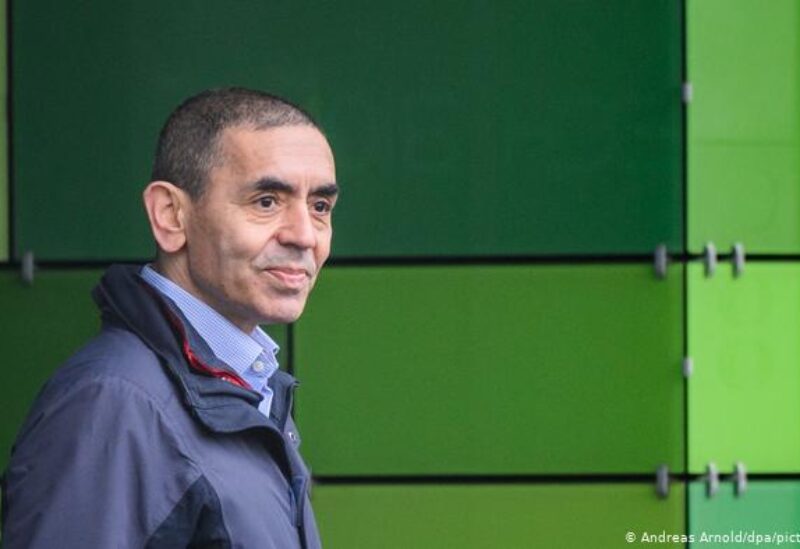
The man who invented the first vaccine against the deadly coronavirus is prioritizing a cure for cancer as his post-pandemic target.
Ugur Sahin, the co-founder and chief executive of BioNTech, the firm which developed the earliest authorized vaccine in partnership with Pfizer, told Arab News that successful cancer treatment, using similar techniques he developed in the fight against COVID-19, was his next goal.
Sahin, who developed the vaccine along with his wife Ozlem Tureci, who is BioNTech’s chief medical officer, was appearing in the latest episode of Frankly Speaking, the series of video interviews with leading global policy-makers and business people.
“Definitely. The success now with our COVID-19 vaccine is of course transformative for the company, and we see that as a great opportunity,” he said
Sahin also spoke of the “next generation” of COVID vaccine his company is developing, the need for a fairer system of global distribution of the existing vaccine, and the possibility that the Pfizer-BioNTech vaccine could be manufactured in the Middle East.
BioNTech began life as a company focused on using revolutionary mRNA technology to develop new medical weapons in the fight against cancer, and Sahin said that was his next goal once the pandemic had been defeated. The success of the COVID-19 vaccine has proved a vindication of his methods, and given BioNTech the financial resources to pursue the cancer treatment.
“We see that as a great opportunity, and also an obligation to think in an even bigger fashion about our vision, and how we could accelerate our cancer program and make it more available,” he said.
Sahin, who is the son of Turkish immigrants to Germany, where BioNTech is based, revealed that a new version of the COVID-19 vaccine could be ready soon, one that is more easily transportable and which could deal more effectively with the more deadly variants of the disease that are appearing in different parts of the world.
“We started to manufacture our vaccine and it came at the beginning with a challenge. We have a vaccine which has to be kept at minus 70 degrees. It’s not yet suitable for supply to all regions on the planet,” he said.
“But we are working on better conditions. We have, most recently, published that we can also start at minus 20 and we will continue to work on that and our aim is really to make our vaccine available — 2 billion doses and maybe even more in 2021 — including not only developed countries but also developing countries.”